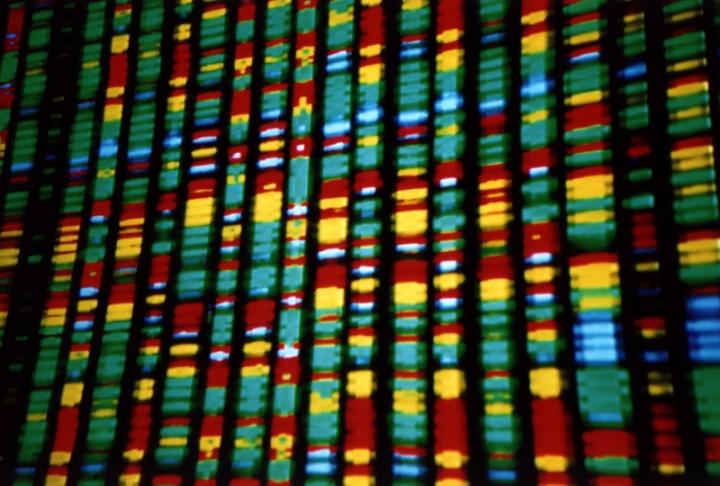New analysis confirms human genomic data could predict success in clinical trials

Credit: Andy Leppard, Flickr
A new drug candidate is more likely to be approved for use if it targets a gene known to be linked to the disease; a finding that can help pharmaceutical companies to focus their drug development efforts. Emily King and colleagues from AbbVie report these findings in a new study published 12th December in PLOS Genetics.
Only 5 to 10 percent of potential new drugs that enter early stage clinical trials are ultimately approved, and this low success rate increases the cost of development for all new drugs. A 2015 study suggested that drugs are twice as likely to progress through the phases of clinical development if they act on a protein linked to the disease. In the current study, King and colleagues expanded upon the findings from 2015, taking advantage of new genomic and clinical trial data that allows them to look back and ask whether historical drug approvals could have been predicted from our current knowledge of human genetics. Through advanced statistical analyses, the researchers assessed which types of genetic evidence are most likely to be useful in guiding drug discovery. They found that historically, drugs designed to target proteins with amino acid sequence changes linked to the disease they are intended to treat, have the best chance of being approved. Additionally, the research demonstrated that programs targeting proteins genetically linked to a disparate disease are more likely to be halted before approval, perhaps due to off-target, negative side effects.
“The findings from this study demonstrate that human genetics evidence is predictive of historical drug development success,” said Emily King, postdoctoral fellow, AbbVie. “Moving forward, we believe that a more detailed understanding of the links between genetic variants and diseases will only continue to help scientists design more successful drug development programs.”
“Human genetics has the potential to help us to focus our investment on drug programs that are most likely to have an impact on patients,” said Howard Jacob, vice president and head of genomic research, AbbVie. “Studies like this one further demonstrate the importance of human disease genetics in drug development.”
This analysis of the last five years of drug development data validates previous studies and indicates that the positive association between genetic evidence and drug success is not just a historical phenomenon. The researchers developed tools that other pharmaceutical researchers can use to evaluate pairs of genes and drug candidates. The findings reinforce the value of public and private investment in genomic research, as these human genetic resources can help streamline better drug development.
###
Peer-reviewed; Observational study; People
In your coverage please use this URL to provide access to the freely available article in PLOS Genetics:
http://journals.
Citation: King EA, Davis JW, Degner JF (2019) Are drug targets with genetic support twice as likely to be approved? Revised estimates of the impact of genetic support for drug mechanisms on the probability of drug approval. PLoS Genet 15(12): e1008489. https:/
Funding: All authors are employees of AbbVie. The design, study conduct, and financial support for this research were provided by AbbVie. AbbVie participated in the interpretation of data, review, and approval of the publication.
Competing Interests: All authors are employees of AbbVie. The design, study conduct, and financial support for this research were provided by AbbVie.
Media Contact
Emily King
[email protected]
Related Journal Article
http://dx.




